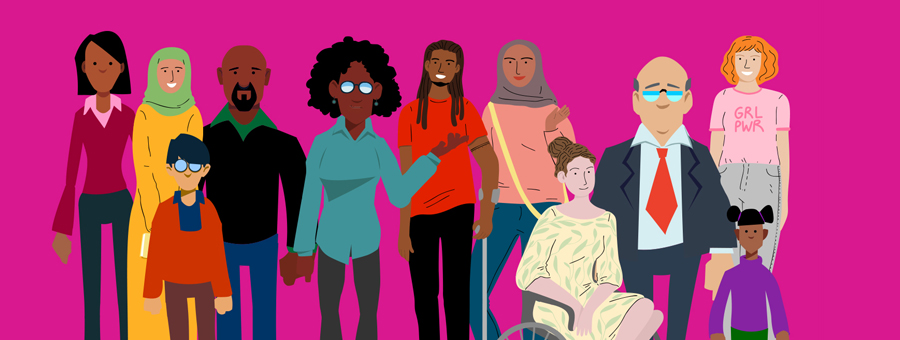Many people want to know, what is a Town Committee?
The function of a Town Committee is to build and maintain the social movement of political campaigns. According to this training manual from the Maine Green Independent Party, a Town Committee helps grow a political party as an institution by maintaining voter and volunteer information and growing membership. It also builds the foundation for future election victories. Ideally, a Town Committee is driven by the ideas and issues of that political party.
In Bridgeport, we have a Democratic Town Committee. We also have a Republican Town Committee. The primary role of these organizations is endorsing candidates for public office, conducting party business, electing a chairperson and raising money.
If you are a registered Democrat or Republican, you actually elect the members of the Town Committee. There are nine people in every voting district on the Democratic Town Committee and seven people on the Republican Town Committee. We have ten voting districts, so there are 90 DTC members and 70 RTC members total!
We have a lot of registered Democrats in Bridgeport. According to a 2016 article in the CT Post, 68.5% of all active voters in Bridgeport are Democrats. So ideally, the Democratic Town Committee should be a robust, civic institution that drives policy ideas and issue platforms and turns out the best candidates.
Core Members Dayna Lindo, Melanie Jackson, and Gage Frank researched this local organization and discovered that the Democratic Town Committee is not an open, “democratic” (little d) institution. Their research shows a critical need for reforms that will make the DTC accountable to the public, and put issues and ideas ahead of personal gain.
RESEARCH AND POLICY
Democratic Town Committee Research
POLICY RECOMMENDATIONS for citizens and local and state officials:
- If you are a member of the Democratic Party, you should run for Town Committee in your district! Getting new people involved will help the institution focus on new ideas and new energy.
- The DTC should create a website and publicly post all district meetings – including the locations, agendas and minutes.
- The DTC should promote and represent Democratic (big D) ideals and policies. Tell us what you stand for and why! The DTC should commit to nurturing and growing candidates who stand for ideas and good policies, and not just for their own personal gain.
- For our State Delegation: Research and analyze the trend of unaffiliated voters in Bridgeport and Connecticut. Craft legislation that could allow Bridgeport to hold open primaries to dilute the monopoly by political parties. Read this “Open Primaries: Pro Vs. Con” Paper from the League of Women Voters, Tennessee.
City Council Comments (from 6/21/17)
City Council Members openly discussed that patronage might be a problem. They agreed that the DTC could be more open and encouraged everyone to come to committee meetings.



